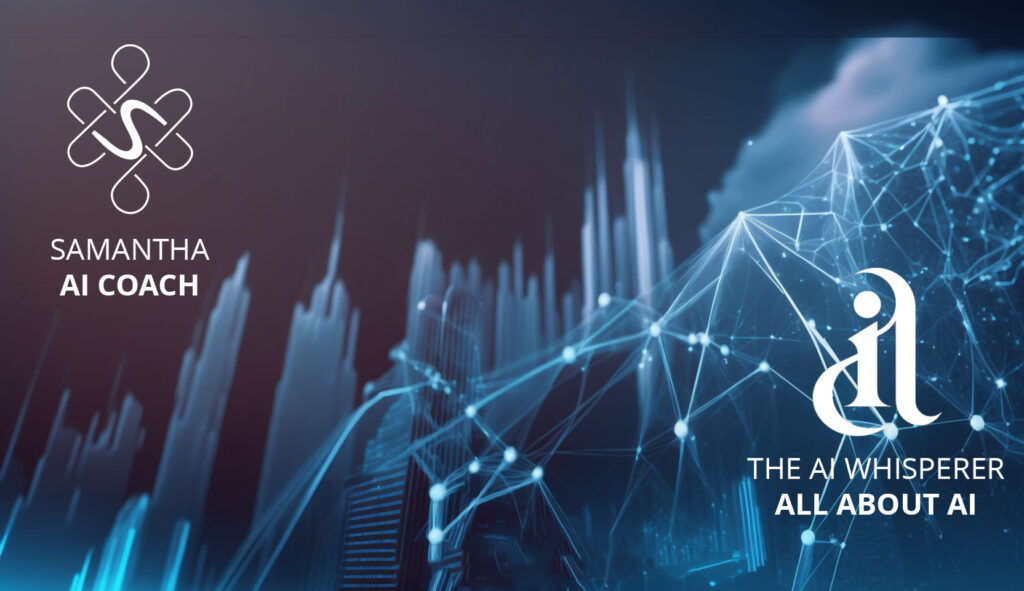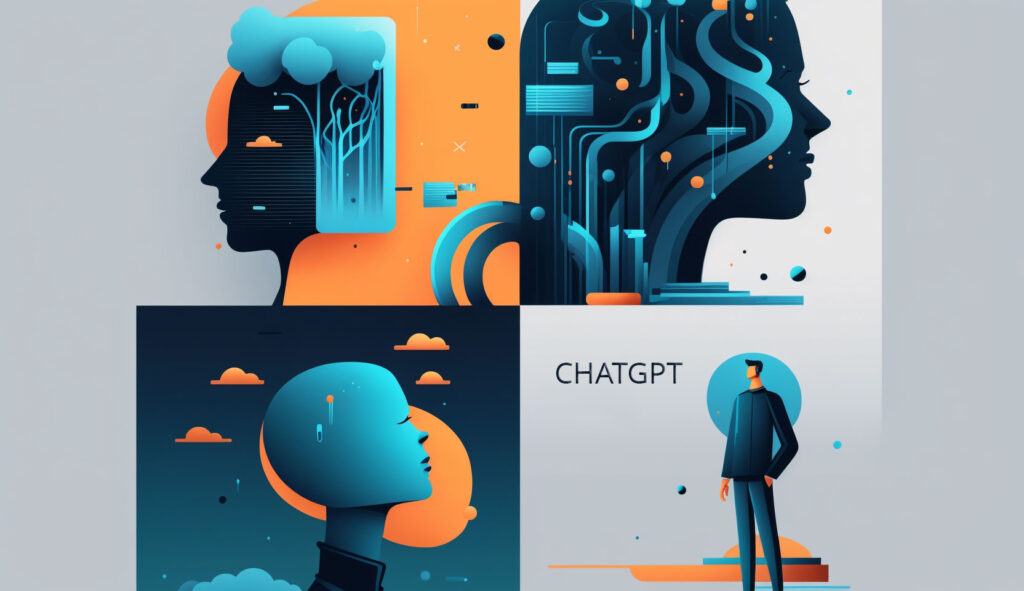In the rapidly evolving landscape of artificial intelligence (AI), the topic of AI regulation is a recurrent theme. A balance needs to be struck between leveraging the benefits of AI and addressing its potential risks. One influential voice in this discussion belongs to Sam Altman, CEO of OpenAI. His perspective on AI regulation and its importance sets him apart in a sector often resistant to regulatory oversight. In this article, we will delve into the pros and cons of AI regulation, and explore why Sam Altman is a strong proponent of regulatory measures.
The question is not trivial. It dives into the heart of how we, as a society, want to manage a technology that promises to revolutionize the way we live, work, and interact. Views on AI regulation are diverse and nuanced, with some arguing for stringent oversight to prevent misuse and others advocating for a laissez-faire approach to foster innovation.
An intriguing figure in this debate is Sam Altman, the CEO of OpenAI. Altman, who is at the helm of one of the most respected AI research organizations in the world, is a staunch proponent of AI regulation. In contrast to some tech giants who have pushed back against regulatory intervention, Altman has vocally supported the idea of additional regulation. This support has not only stirred up the debate but also underscored the need for a nuanced conversation around it.
In this article, we will delve deep into the pros and cons of AI regulation. We will explore the arguments on both sides of the aisle, the implications of AI regulation, and the reasons behind Altman’s unique position on this issue. The goal is not to draw definitive conclusions but to inform and provoke thought, inspiring you to form your own opinion on this critical matter.
The Plus Side of AI Regulation
The argument for AI regulation is rooted in a fundamental principle: prevention is better than cure. By setting up a regulatory framework for AI, proponents argue, we can prevent misuse, ensure ethical use, and mitigate potential harms.
Safety and Ethical Standards: AI has the potential to influence virtually every aspect of our lives. From self-driving cars and healthcare diagnostics to job recruitment and criminal sentencing, AI systems are increasingly making decisions that were previously the domain of humans. But with great power comes great responsibility. Without proper safeguards in place, AI can be misused or lead to unintended harmful consequences. For instance, an AI system might be biased, leading to unfair outcomes. Or, an AI system might be used to spread misinformation, undermining public discourse. AI regulation can help ensure that the technology adheres to established safety and ethical standards, mitigating these risks.
Corporate Accountability: In an unregulated environment, corporations might not bear the full consequences of the AI technology they produce. This could lead to a moral hazard problem, where corporations take excessive risks knowing that they won’t bear the full cost if things go wrong. AI regulation can help hold corporations accountable, ensuring that they are responsible for any harm their AI products might cause.
Mitigating Risks: AI is a powerful technology, but it also comes with potential risks. These include job displacement due to automation, privacy concerns due to data collection, and security threats due to malicious use of AI. By providing a mechanism for assessing and managing these risks, AI regulation can help ensure that the benefits of AI are reaped while its potential harms are kept in check.
Downsides of AI Regulation
While the case for AI regulation might seem compelling, it’s important to consider the potential downsides. Over-regulation, uneven enforcement, and the fast pace of AI development all pose challenges to effective regulation.
Innovation Conundrum: One of the key arguments against AI regulation is that it might stifle innovation. The AI field is incredibly dynamic, with new algorithms, applications, and breakthroughs emerging regularly. Some argue that excessive or poorly designed regulation could slow this innovation engine. For instance, stringent regulations could create high barriers to entry, deterring start-ups and smaller companies from entering the field. Or, they could discourage companies from pursuing ambitious, high-risk projects that could lead to major breakthroughs. Balancing the need for safety and ethical use of AI with the need to foster innovation is a delicate act, and one that regulation needs to carefully consider.
Uneven Enforcement: AI is a global phenomenon, and its development and use span across countries. This international dimension poses a challenge to regulation. Different countries have different views on AI and its regulation, and enforcing a uniform set of rules globally could be difficult. This could lead to uneven enforcement, where some companies face stricter regulation than others. Such a scenario could distort competition and create an uneven playing field in the AI industry.
Fast-Paced Evolution: AI is not a static technology. It’s evolving rapidly, and what’s cutting-edge today could be obsolete tomorrow. This fast-paced evolution poses a challenge for regulation. Regulations that are relevant today might not be applicable tomorrow, and keeping up with the pace of AI development could prove difficult for regulators. There’s also a risk that regulations could be based on outdated understandings of AI, leading to ineffective or misguided rules.
AI regulation and Sam Altman
Sam Altman, CEO of OpenAI, has made his stance on AI regulation clear: he’s for it. Altman’s pro-regulation stance is notable for several reasons. Firstly, it’s contrary to the position of many powerful tech firms, who have actively resisted regulatory intervention, spending millions on advertising to fight against such measures.
Altman’s argument for AI regulation is rooted in his understanding of AI as a potentially dangerous force. He has noted the advancements in labor, healthcare, and the economy that AI could support, but emphasizes that regulatory intervention by governments would be critical to prevent and mitigate the negative impacts of AI.
Altman has not just voiced support for regulation but has also offered specific suggestions. He has called for the creation of a new federal agency specifically tasked with issuing licenses for AI technology, licenses that should be revoked if companies fail to comply with safety standards.
In an early remark at a historic congressional hearing, Altman responded to a question about whether the development of AI would be akin to the advent of the printing press or the “atom bomb,” to which he replied, “We think it can be a printing press moment”. This remark encapsulates Altman’s view of AI as a powerful force that can bring about profound changes in society – but only if it’s regulated properly.
Altman’s stance has been described as historic, as it is rare for leaders of large corporations or private sector entities to plead for regulation. His support for AI regulation represents a significant shift in the debate around AI and regulation, highlighting the need for a nuanced and informed conversation on this important issue.
Conclusion
The question of AI regulation is far from settled. As AI continues to evolve and impact various aspects of our lives, the debate around its regulation will only intensify. We need to strike a balance between ensuring the safe and ethical use of AI and fostering innovation. This requires a nuanced understanding of AI, its potential impacts, and the implications of regulation.
Sam Altman’s support for AI regulation brings a fresh perspective to this debate. His views underscore the importance of safety and accountability in AI development and use. They also highlight the potential dangers of unchecked AI and the need for proactive measures to mitigate these risks. However, as with any perspective, it’s important to critically assess it and consider other viewpoints.
As we navigate this complex landscape, one thing is clear: AI is not just a technology issue. It’s a societal issue that requires the collective engagement of technologists, policymakers, and the public. Whether you agree with Altman or not, his views invite us to think deeply about AI and its place in our society. And that’s a conversation worth having.


